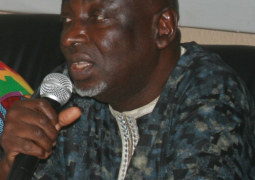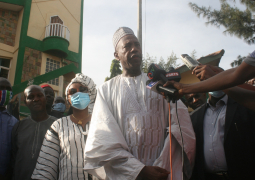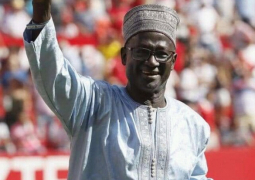
The controversy surrounds the Executive’s decision to make unilateral changes to the draft, deviating from the consultative approach adopted by the Constitutional Review Commission (CRC).
With the removal of key provisions and a lack of transparency in the process, questions are being raised about the integrity and public trust in the new draft.
Yusef Taylor, a journalist and activist, highlighted the concerns, stating: “The Minister for Justice initially promised on 25th May 2024 that the Draft Constitution would be gazetted by mid-June 2024, but that never happened. It was only last week that the draft was finally gazetted, triggering widespread comparisons with previous versions.”
He added: “The process chosen by the Executive to promulgate this draft was not consultative at all, unlike the Constitutional Review Commission’s approach, which is now a significant hurdle for the Bill to gain popular support.”
Taylor further emphasised the lack of clarity from the Executive regarding the changes made. “The Executive has failed to provide an explanatory note for the alterations, raising public concerns. Many are now scrutinizing the differences between the 2024 Draft Constitution and the 2020 CRC Draft Constitution,” he noted.
Ousman Jah, a concerned citizen, expressed his dismay at the situation. “This is quite worrying,” he remarked. “Trust is crucial, especially for those entrusted with leadership positions. When you are sworn in, you vow to be honest and serve without fear or favour. Unfortunately, some seem to forget this. The entire process has lacked transparency and inclusiveness, resulting in significant changes that have broken the fragile trust people had in the system.”
Salama Njie, Executive Director of WANEP, also voiced her disappointment, particularly regarding the removal of the Leadership and Integrity clause. “It is very wrong for the Executive to single-handedly alter the draft without returning to the people,” she criticised, saying: “Removing the chapter on Leadership and Integrity is especially disheartening as it will undoubtedly weaken the Anti-Corruption Commission.”
The ongoing debate over the draft constitution underscores the public’s frustration with what they perceive as a lack of accountability and disregard for the consultative principles that should guide such critical national processes. As the Bill moves forward, citizens and civil society are demanding greater transparency and a more inclusive approach in shaping The Gambia's future governance framework.
Read Other Articles In Headlines





